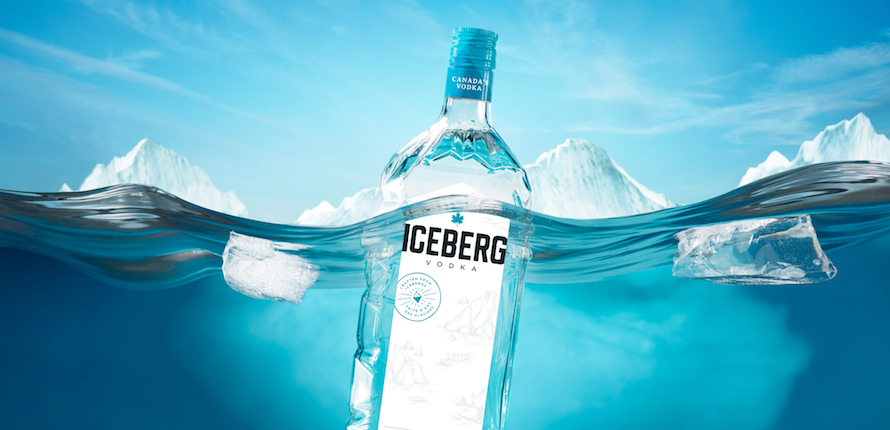We use cookies on this site to enhance your experience.
By selecting “Accept” and continuing to use this website, you consent to the use of cookies.
Search for academic programs, residence, tours and events and more.
March 9, 2019
Print | PDFIn September 1982, Johnson & Johnson considered eliminating one of its flagship brands - Tylenol. Someone in the Chicago area had been replacing the acetaminophen in their extra-strength capsules with cyanide. Before it was over, seven people were killed and Johnson & Johnson faced a crisis of public confidence in their products few companies ever experience.
This is the situation in which David Meyers found himself during his first job after graduating from the Lazaridis BBA program in 1981.
“I didn’t know it at the time, but this would be the first of many moral and ethical issues I’d face over my career,” says Meyers who was selected to be the first CEO-in-Residence of 2019 at the Lazaridis School. He framed his talk about crisis management and business ethics around three key experiences from his career.
“Not only is that unethical to do, it’s also illegal – it’s fraud. I told my boss I wouldn’t do it and a few weeks later was asked to leave the company.”
“From the strong business grounding I got at Laurier, I’ve been able to answer some very difficult questions over my career. Questions like, how do you respond when someone uses your product to cause harm? How do you respond when your boss asks you to commit fraud? How do you deal with product theft in the luxury industry?”
Instead of ending the Tylenol brand all together, Johnson & Johnson decided to pull all of its product off the shelves at a cost of more than $260 million in today’s dollars. The company also decided to lead the industry in anti-tampering product design.
“As a result of the tampering crisis, we were the first to implement the three-step safety protocol – glued boxes, plastic lid seals and foil bottle seals – all of which are the industry standard today. We had an entire campaign dedicated to teaching the public how to spot unsafe pill bottles and our brand recovered faster than expected.”
From there, Meyers moved into the food industry to a company that was more concerned with profits than ethics.
“It’s not the same company today, but at the time everyone did what was needed to ‘make plan’ which was essentially sticking to the budget that led to profit and bonuses no matter what.”
One day, Meyers’ boss came to him and asked him to offload hundreds of thousands of dollars in marketing expenses to the next budget year.
“Not only is that unethical to do, it’s also illegal – it’s fraud. I told my boss I wouldn’t do it and a few weeks later was asked to leave the company.”
These lessons in integrity would continue to serve Meyers as he advanced his career, eventually landing at the position of Managing Director of Mount Gay Distilleries Ltd. in Barbados.
“Coming into a management role from outside the company is always a challenge because of the learning curve. But once I learned about the business, some things started to seem off.”
Meyers explained that during the distillation process, six to eight per cent of the product is lost to evaporation. “But at Mount Gay,” Meyers explained, “we were losing 12% to ‘evaporation’.”
Meyers did everything a manager should do to reduce losses, including tightening thousands of barrels to re-calibrating all of their machinery and tools. But in the end, the only explanation for losses this high was theft from inside the production facility.
Using a private investigator, Meyers eventually uncovered two theft rings involving 17 employees who were running a very sophisticated operation to steal and sell strong rum on the black market.
“When it was over, the employees who knew about the theft were glad it was uncovered because it restored integrity to the company and began to re-build trust between management and the staff – we became a family.”

Today, Meyers is the President and CEO of Canadian Iceberg Vodka Corp., the largest Canadian-owned vodka distillery in the world. The lessons Meyers has learned over the years have helped him gain perspective into the opportunities that lie behind a crisis.
“Recently, our company was the victim of a heist at our Newfoundland production facility. Thieves made off with hundreds of gallons of pure iceberg water which was not ideal, but the story went global and earned 200 million impressions. Our brand was actually reinforced by the event because the story highlighted the fact that we only use pure iceberg water to make our vodka.”